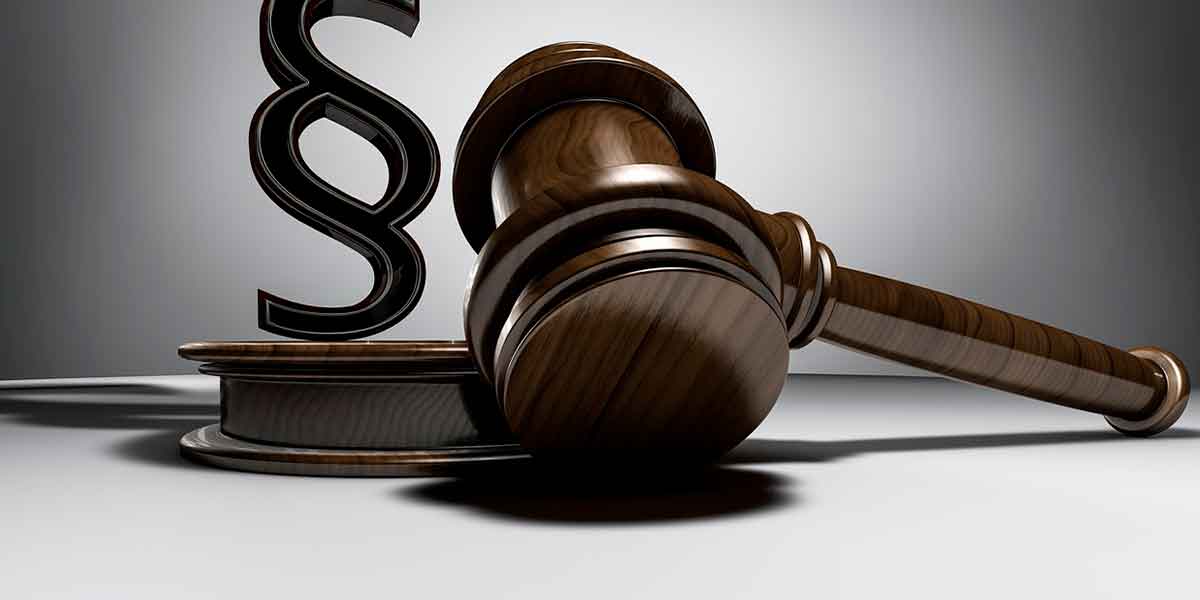When an individual passes away, it is common for their estate to go through the probate process in court. This is where the deceased’s assets are transferred to the rightful heirs. The validation of a will is done through a probate procedure, with the executor responsible for dividing the assets and transferring them to the beneficiaries. In cases where the decedent has not named an executor in the will, the court appoints an administrator. Due to the lengthy and time-consuming nature of probate, many questions often arise. Below are some common FAQs related to probate that can provide a better understanding of the process.
Initiating Probate with a Will
If a will is present, it may designate an executor or multiple executors. In such cases, the appointed executors must come to a consensus and select one among them to make decisions. The initial steps involve registering the death and making funeral arrangements. The executor can choose to proceed with the probate process independently or seek assistance from a probate attorney.
Proceeding Without a Will
If the will cannot be located, family members can be consulted, or local solicitors can be contacted to check if the deceased had engaged their services. In the absence of a will, the court will appoint an administrator to oversee the process.
Executor’s Role in Probate
Once appointed as an executor, there is no obligation to continue with the probate process. The executor can relinquish their rights to other named executors in the will or grant power of attorney to a lawyer. It is essential for the executor to adhere to probate laws, prioritize the estate’s interests, settle debts and taxes, and notify creditors to avoid post-asset division claims.
Legal Responsibilities of the Executor
Executors are legally bound to act in accordance with probate laws, ensuring the estate’s debts and taxes are settled before distribution. Proper advertisement of the death is necessary for creditors to make claims. Executors may be held accountable for any mistakes or mishandling during the probate process.
Engaging an Attorney in Probate
For estates with high-value assets, seeking legal counsel is advisable to navigate the probate process efficiently. Attorneys can provide valuable expertise and simplify complex procedures.
Handling Taxes in Probate
Upon a person’s death, taxes must be paid for their last tax year separately for the decedent and the estate. Executors are responsible for calculating and filing tax returns based on the decedent’s income and the estate’s value.
Dealing with Creditors in Bankruptcy
Executors are not personally liable for paying creditors if the estate is bankrupt. However, they may be held accountable for any mishandling that leads to a loss in estate value. Executors should ensure proper valuation to settle all debts effectively.
Adhering to the Will’s Instructions
Following the instructions outlined in the will is crucial, as beneficiaries may lose out on their inheritance if the estate is mismanaged for personal gain. It is essential to act promptly in such situations.
Costs Involved in Probate
Executor compensation and attorney fees are determined by law, with the executor’s compensation specified in the will. Attorneys typically charge a fixed rate for their services during court proceedings.
Final Thoughts
Handling the probate process can be complex, necessitating legal expertise to navigate potential challenges effectively. Hiring an attorney can ensure a smooth and efficient probate process, minimizing disruptions and ensuring compliance with legal requirements.




